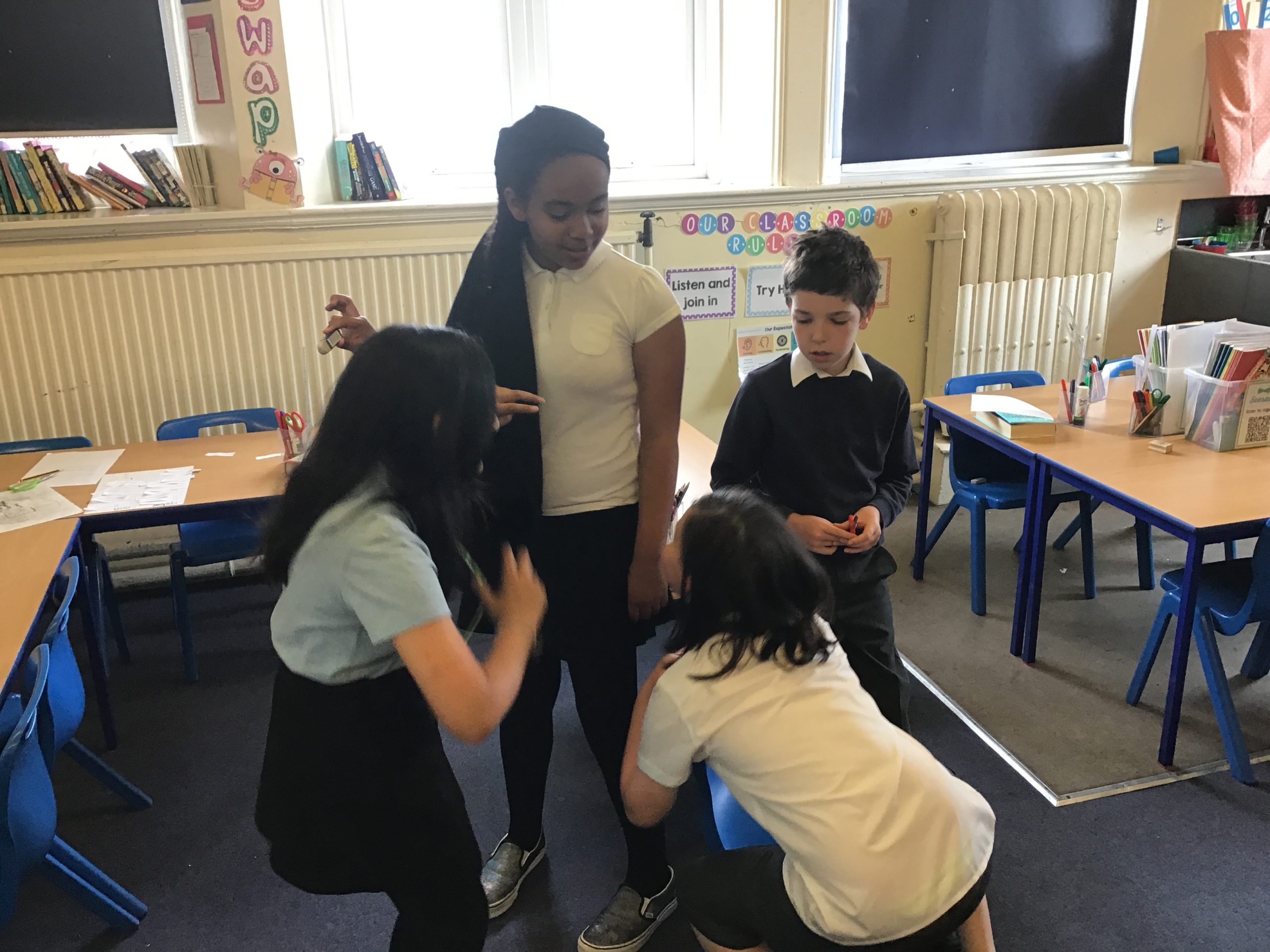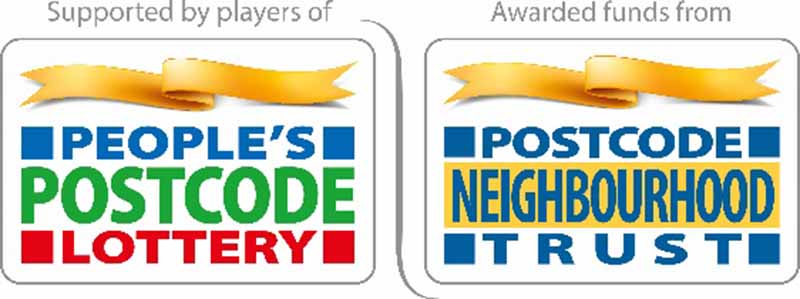Non-Violent Action: A Force for Change
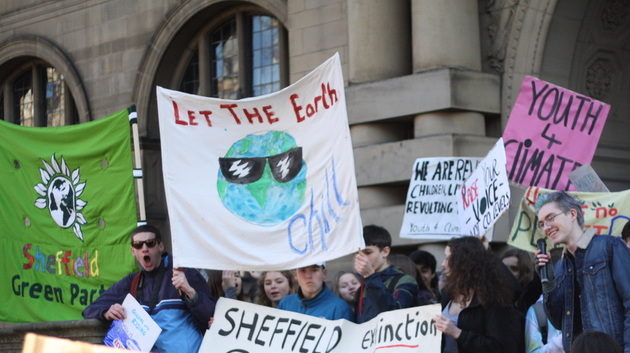
Non-Violent Action: A Force for Change is an exciting curriculum development project funded by Joseph Rowntree Charitable Trust which aims to create a series of lesson plans across different curriculum areas for students aged 8-13 which use Philosophy for Children (P4C) to:
- Provide inspiring case studies of groups of people locally and from around the world, past and present, involved in non-violent social change at a variety of levels and for a variety of causes.
- Offer pupils ways to think critically about gender issues and enable them to understand that masculinity can be expressed in non-violent ways.
- Engage pupils with local and global issues so that they feel motivated to work for change.
- Help pupils to decide on actions with a local or global impact and give them the tools to carry them out.
Here is a film made by Y5 pupils at St Peter at Gowts Primary in Lincolnshire for a collective worship on justice using the Bristol Bus Boycott case study
Get Involved:
We are still offering schools workshops for secondary school students in Sheffield using the lessons. Please contact Helen Griffin at info@decsy.org.uk if you are interested in booking a workshop.
Association for Citizenship Teaching (ACT) Quality Mark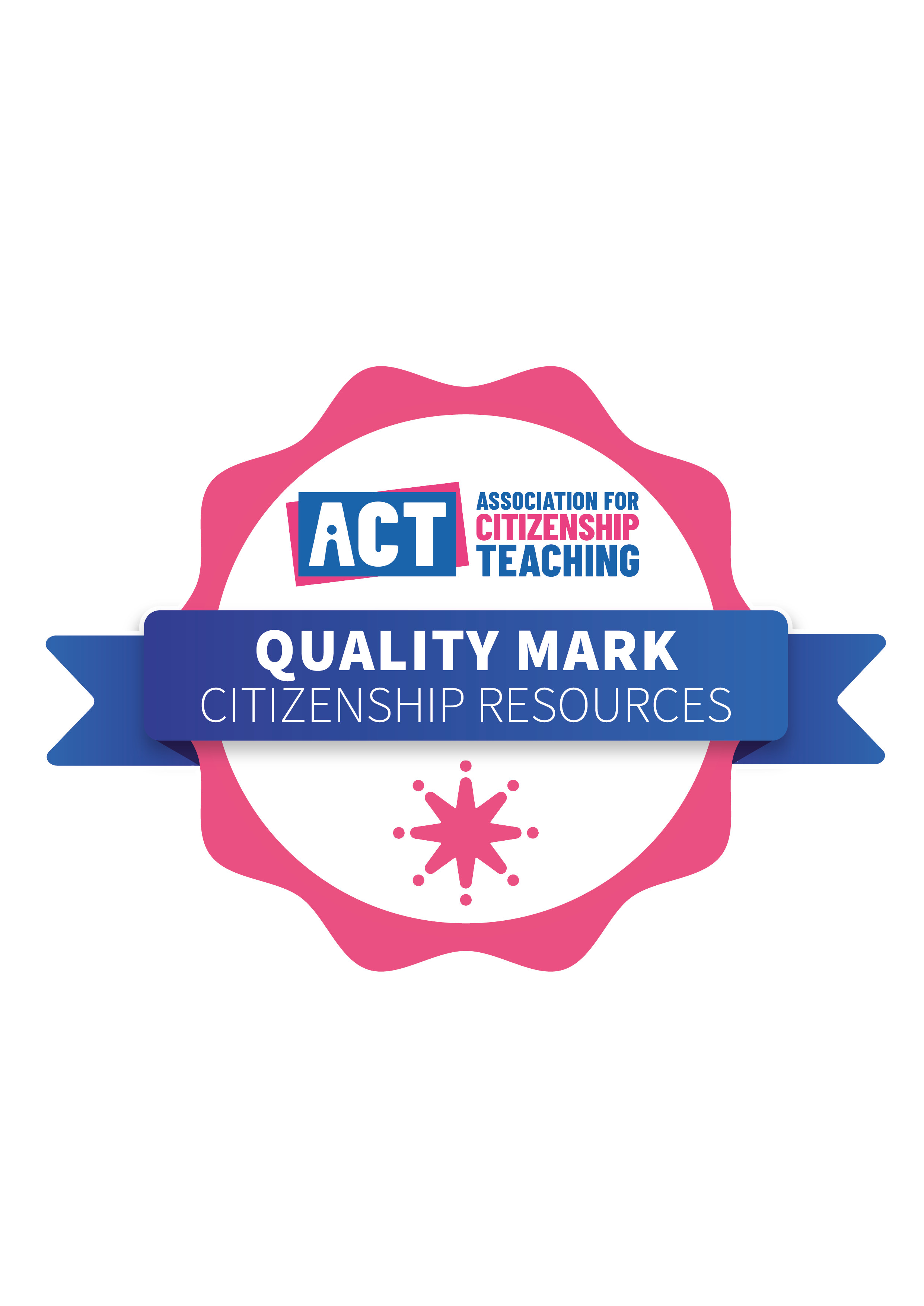
We are very excited to announce that the Non-Violent Action: A Force for Change resource has gained the ACT Quality Mark for Citizenship Resources. This is what ACT said about the resource:
“The Non-Violent Action: A Force for Change resources provide a comprehensive introduction for younger pupils and students to different forms of non-violent protest and campaigning. The high quality content includes a range of different case studies and lessons that explore interesting examples of action on a range of issues in different countries and contexts. Appropriate teaching strategies and pedagogies should help engage students with the issues and approaches to making change. Teachers will also find the ‘Resource Guidance’ and pathway through lessons helpful in knowing where to get started in using the resources.”
Project update – October 2022: External Evaluation Report
We are very pleased that t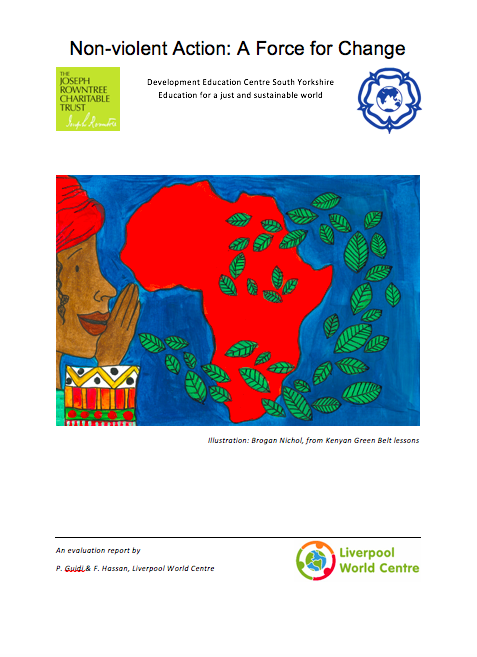 he external evaluation report for this project has now been published. You can find it here.
he external evaluation report for this project has now been published. You can find it here.
Headlines from the evaluation:
- The project had significant impact on pupil knowledge and profound long-lasting impact on teachers.
- Pupils were able to increase their vocabulary of non-violence, leading to positive changes in attitudes, peer interactions and behaviours.
- The use of the dialogic learning method, Philosophy for Children, provided a critical learning framework through which to explore the topics, resulted in improved discussion and thinking skills and had a positive impact on behaviour.
- The project had a substantial impact on teachers – whether they were involved for 2 years, or just attended a training event. It increased awareness of non-violent action for change amongst teachers either through new case studies, or looking at existing topics through a new lens – such as WWII events.
- Some schools have been able to embed project teaching and materials in their school curricula year on year.
- There is some evidence to suggest that the project improved behaviours across the whole school.
Project update – July 2022
We had a very successful national dissemination conference in Sheffield in June 2022. As part of the day we invited some young activists to tell us about their involvement in change:
Anya Ramamurthy is a young peace and climate justice activist. Growing up as a Quaker pacifist, she frequently speaks out against the militarisation of education and young people. Since 2019, she has become increasingly involved in the climate justice movement helping to organise the youth climate strikes in London and more recently campaigning against fossil fuel sponsorship of cultural institutions. She is currently studying Geography at Lancaster University. You can hear her talk here:
Chris Alton is an artist based in Manchester. In 2012 he founded English Disco Lovers (EDL), an anti-fascist, pro-disco group, which opposed the English Defence League online and in the streets. He is currently working with community groups in Pendle to design and produce a series of banners for the annual Festival of Culture Peace Walk. Chris is also an active member of the Quaker community and a skateboarder. You can see his talk here:
We have now completed the fourth year of this project and are pleased to announce that we will continue disseminating the materials with some JRCT underspend and an additional small grant from the Edith M Ellis Charitable Trust.
We have developed and published a series of lessons which look at the concepts of violence and non-violence and provide the following historical case studies to enable learners to explore the efficacy of non-violent action
- Otpor, Serbian Independence
- World War 2 Resistance: Invasion of Denmark, The White Rose Movement and Rosenstrasse
- The Bristol Bus Boycott
- The Role of the Arts: English Disco Lovers and Singing Revolution
- The Struggle for Independence in India: the Salt March and Khudai Khidmatgar
- The Chipko Movement (India), The Green Belt Movement (Kenya) and the Right to Roam (Kinder, UK)
- Sheffield Street Trees
There are also lessons exploring the meaning of ‘Power’ and lessons which support learners in taking action for themselves.
Learners have received these lessons with enthusiasm as some of the teachers involved testify:
‘The children responded very positively to all of the Non-violent Action sessions, and the case studies promoted a lot of detailed discussion. By the end of the project, the class were motivated to bring about changes they wanted to make in the world, and were knowledgeable on the different types of non-violent action they could use to achieve this. The activities were pitched well to the age group and the mix of modern and older case studies meant the children were engaged. All children could articulate how each lesson linked to nonviolent action and the aim of creating more tolerant attitudes in the world. The class continued to use their knowledge from the sessions and link this across subjects and to current news events.’ (Rebecca, St Catherine’s RC Primary)
‘I have found the course a great way to systematically introduce and explore meaningful concepts such as violence, non-violence, protest, resistance and responsibility with children in Key Stage Two – concepts which we need a thorough understanding of now more than ever. There are a wealth of interesting and well-resourced case studies to choose from, from a range of geographical locations and historical periods. Pupils are enthusiastic about their lessons and have a real desire to apply what they have learnt to present day situations.’
‘Pupils are developing an understanding of the different ways to solve problems other than violence. It has stimulated great conversation’. (Amy, Beck Primary)
‘The most enjoyable part was being involved in deeper discussions with the children. It was interesting to hear their thoughts and opinions on different matters and learning what is important to them.’ (Abigail, Herringthorpe Junior)
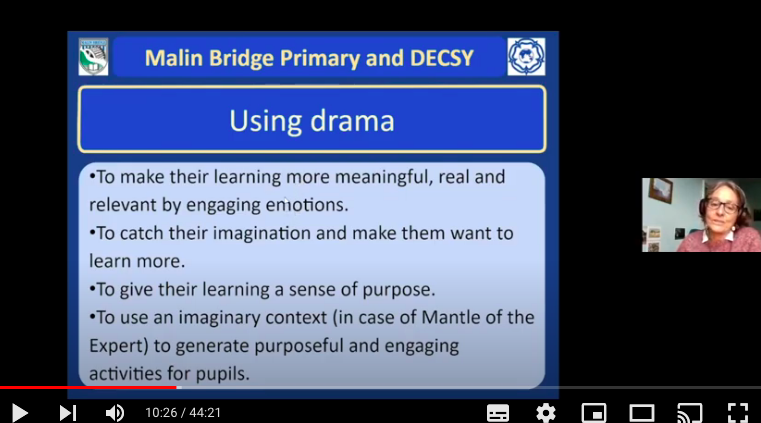 Watch Helen Griffin and teacher Thom Winterbotham talk about the use of drama in the Sheffield Street Trees case study at Create Sheffield’s event here.
Watch Helen Griffin and teacher Thom Winterbotham talk about the use of drama in the Sheffield Street Trees case study at Create Sheffield’s event here.
A film explaining how Philosophy for Children (P4C) is embedded within the lesson plans can be found here.
Project update – May 2021
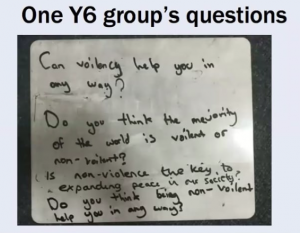 Helen Griffin delivered a workshop about ‘Non-Violent Action: a force for change’ at the ANGEL network conference on 26th May. These two films below are a summary of her workshop. They are an introduction to the project and a useful overview for finding out more about the project and how you can use the resources in the classroom.
Helen Griffin delivered a workshop about ‘Non-Violent Action: a force for change’ at the ANGEL network conference on 26th May. These two films below are a summary of her workshop. They are an introduction to the project and a useful overview for finding out more about the project and how you can use the resources in the classroom.
Film 1 https://vimeo.com/555232972
FIlm 2 https://vimeo.com/555270313
If you are interested in you or your school being involved in this project, please contact Helen Griffin at info@decsy.org.uk
 Watch Helen Griffin and teacher Thom Winterbotham talk about the use of drama in the Sheffield Street Trees case study at Create Sheffield’s event here.
Watch Helen Griffin and teacher Thom Winterbotham talk about the use of drama in the Sheffield Street Trees case study at Create Sheffield’s event here. Helen Griffin delivered a workshop about ‘Non-Violent Action: a force for change’ at the ANGEL network conference on 26th May. These two films below are a summary of her workshop. They are an introduction to the project and a useful overview for finding out more about the project and how you can use the resources in the classroom.
Helen Griffin delivered a workshop about ‘Non-Violent Action: a force for change’ at the ANGEL network conference on 26th May. These two films below are a summary of her workshop. They are an introduction to the project and a useful overview for finding out more about the project and how you can use the resources in the classroom.

